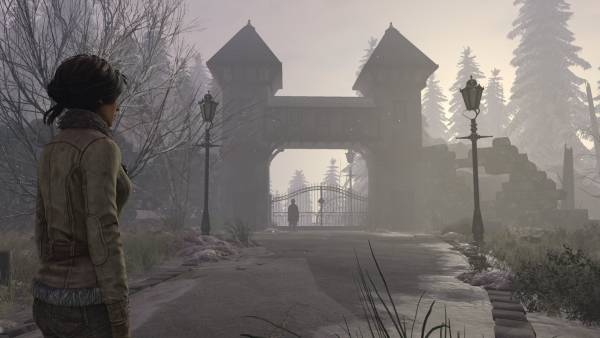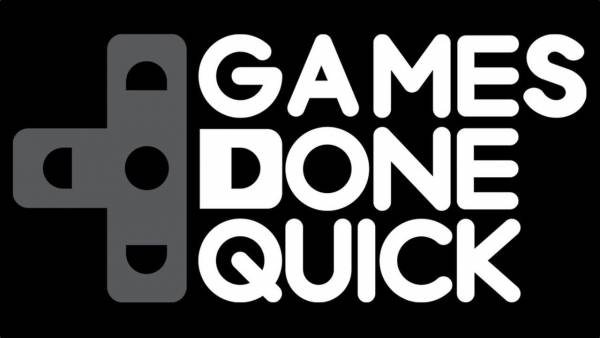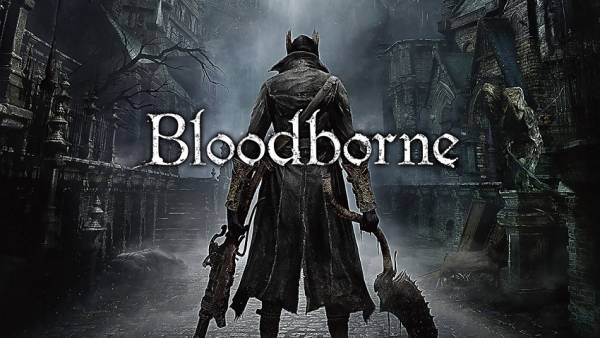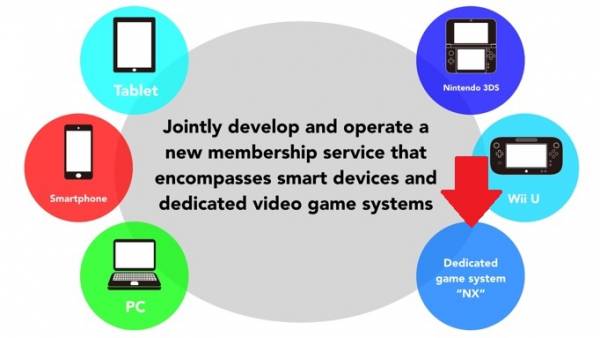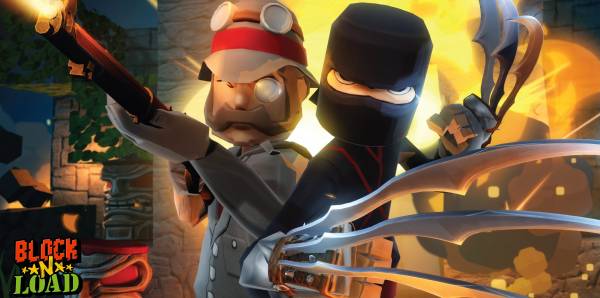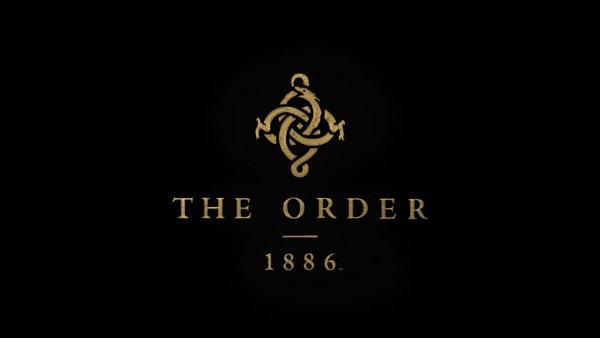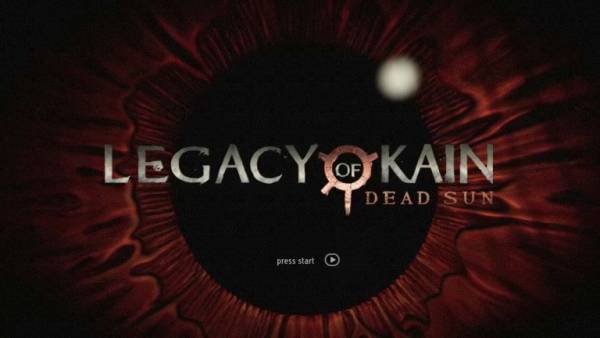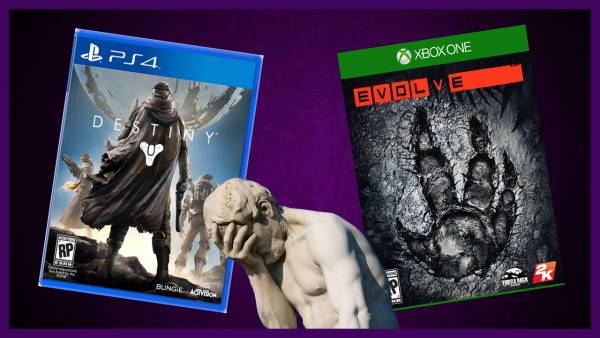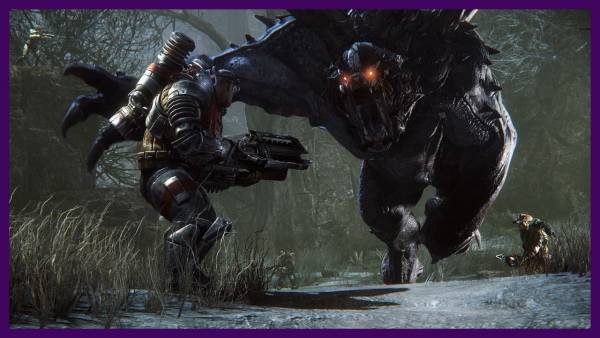Opinion has shifted among Zelda fans lately, with many people renouncing the once lauded Ocarina of Time and claiming it as overrated, dull and most importantly, not as good as A Link To the Past. A growing split has emerged between Zelda fans over the past few years, erupting over the Internet in various places, mostly notably in the most recent Sequelitis by Egoraptor which polarised many over the comments about OoT, ALttP and Skyward Sword. However, I’m not here to argue over which Zelda is the best one (It’s Wind Waker by the way) but how this splintering of the Zelda fan base represents a large debate in game design and storytelling, and how the core ‘feeling’ of Zelda has changed over the years.
So, the split amongst Zelda fans usually come down between those who prefer the 2D Zeldas, due to their priding of gameplay over story and those who favour 3D Zeldas, who provide players with a massive narrative and world, whilst sticking mainly to formula when it comes to dungeon. The main complaint from each side is exactly what you would expect. 2D Zelda fans prefer the openness of early Zeldas, where the story is minimal and you can really explore the world based on your will. 3D Zelda fans enjoy the deep narrative and find that having specific context and motivation for you to quest through Hyrule, is much more satisfying than just being some random green-hatted fairy boy running around with a sword.
These two arguments are the basis for a debate in game design, of ludology versus narratology. Ludologists pride mechanics over story. A game is fun because the mechanics are satisfying and these should be the driving force behind the game. Tetris is the prime example of ludologist design. There is no story and you are purely engaged in the game due to how well the mechanics work in tandem with each other. Narratologists however, believe that while mechanics are very important, games should be understood and provide some form of narrative. So, more modern games like the Mass Effect series and the Elder Scrolls games are examples of narratology at work, where the game’s narrative is prided and sometimes deemed more important than the mechanics.

A Link Between Worlds did well in satisfying fans in both Zelda camps.
Bring this back to Zelda now. 2D Zelda fans line up with the ludologist argument, that it is the mechanics of exploring Hyrule, defeating monsters and adventuring which is more important than the narrative of Link saving the kingdom from evil. For 3D Zelda fans, the narratologist argument fits as while the game should have good mechanics, each Zelda game should have a clear narrative which engages players alongside the raw mechanics of swinging your sword and solving puzzles.
Now, this seems like an obvious divide, right? Some people obviously prefer adventuring over experiencing a grand narrative and there’s nothing wrong with that but the question is why has this divide between Zelda fans only started to emerge. It is only really in the last 2 years or so that this clear schism between fans of ludic Zelda and narrative Zelda has come about. I think it really comes down to two major things, nostalgia fade and the legacy of Skyward Sword.
Nostalgia fade has hit the Zelda series pretty hard. Games like Dark Souls have blended the needs of ludologists and narratologists together, while the growth of open world games have shown just how much freedom players can have to quest and explore a world, compared to the fairly linear quest line you experience in most Zelda games. Also, the explosion in roguelikes like the Binding Of Isaac which pay homage to the Zeldas of old, whilst improving on the dungeon crawling and combat cause those rose-tinted glasses to get a bit smudged. Furthermore, for Ocarina of Time especially, the 3DS rerelease has acted as a double edged sword by introducing more people to Zelda, but also showing off the flaws with the classic and just how old the game feels. With Majora’s Mask being the sacred cow of the Zelda series at the moment, who knows if it will feel the same nostalgia fade once its 3DS rerelease comes out? The reason I talk about nostalgia as it is one of the major reasons why so many people hold Zelda in such high regard and why people are so defensive of their favourite.

I’m waiting for that one Youtuber to claim that Wand Of Gamelon is the best Zelda.
For many, Zelda is the game which got them into gaming and then hooked by the second instalment. Legions of children with NESes got the initial rush from Zelda I and were fully immersed by A Link to the Past. Others had their first fix with Ocarina and then cemented that love with either Wind Waker or Majora’s Mask. It seems that if you played as a child, the Zelda that you played between 7 and 10 is the one which you will defend as your favourite, and will be the one with the highest nostalgia attached to it. It is because of this deep attachment to this certain Zelda that I think, makes discussions over which Zelda is the best or criticism of certain games in the series can get so heated and often turn toxic. An attack on that Zelda, whether it’s A Link to the Past, or Spirit Tracks or Zelda II, seems to transforms into an attack on you, due to the deep connect you have to that game. This makes internet discussion especially difficult, as one wrong word about your favourite Zelda snowballs into a tirade against you, immediately souring proceedings.
As for Skyward Sword, I think it has acted as the main turning point in the Zelda franchise, splitting not only fans but I believe how Zelda itself will be designed in the future. As with most matters in the great Zelda debate, Skyward Sword is seen as either the pinnacle of the Zelda narrative or the problem with the ‘Zelda formula’. For the former, Skyward Sword is praised for establishing a proper relationship between Link and Zelda whilst providing a definitive reason for the constant cycle of Zelda, Link and Ganon fighting each other in every instalment. For the latter, Skyward Sword’s narrative is not only a major copout and laborious to get through, but the game is so formulaic that it lacks the real sense of adventure that previous Zelda games had. The overworld lacks any real ability to explore it, so many quest chains are arbitrarily locked off until you reach a set story point and the dungeons and bosses are so predictable, that you know exactly what is going to happen as you as you enter the first door or reach the first chest. Skyward Sword is the real ‘love it or hate it’ instalment in the Zelda franchise, with more fans absolutely despising it than people singing its praises.
Furthermore, I believe that the delayed critical reaction to Skyward Sword has forced Nintendo to change their design philosophy for future Zeldas. A Link Between Worlds, for example, allowed players to tackle dungeons in any order they wished through the item rental system which moved away from the complaints of strict linearity in Skyward Sword. The new Zelda that is currently in development seems to be a proper open world, moving away from the hub zone-dungeon layout of Skyward Sword and providing that feeling of an expansive world to travel through that many 2D Zelda fans feel have been missing from 3D Zeldas.
Whatever you think of Zelda, whether you love the new direction of the series or prefer the old ones, it is interesting to see why and how these distinct attitudes and changing opinions of certain games in the series have changed. Who knows how opinion on Majora’s Mask may change? Will Skyward Sword ever have a massive change in popular opinion? How will the upcoming Zelda alter wider perceptions of the series? No matter which type of Zelda fan you are, take the moral of brentalfloss’ most recent ‘With Lyrics’ video to heart, and try to keep it civil when discussing Zelda. We’re all fans after all.
So, what is your favourite Zelda? Which style do you prefer? Am I talking complete nonsense? Tell us your thoughts in the comments below.
